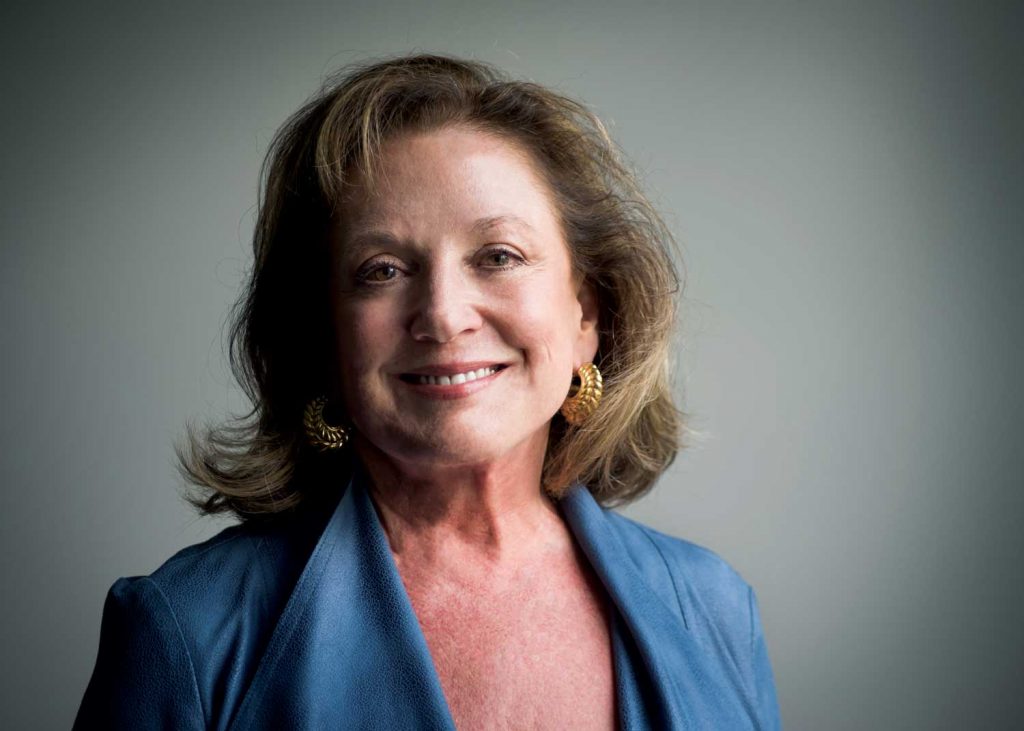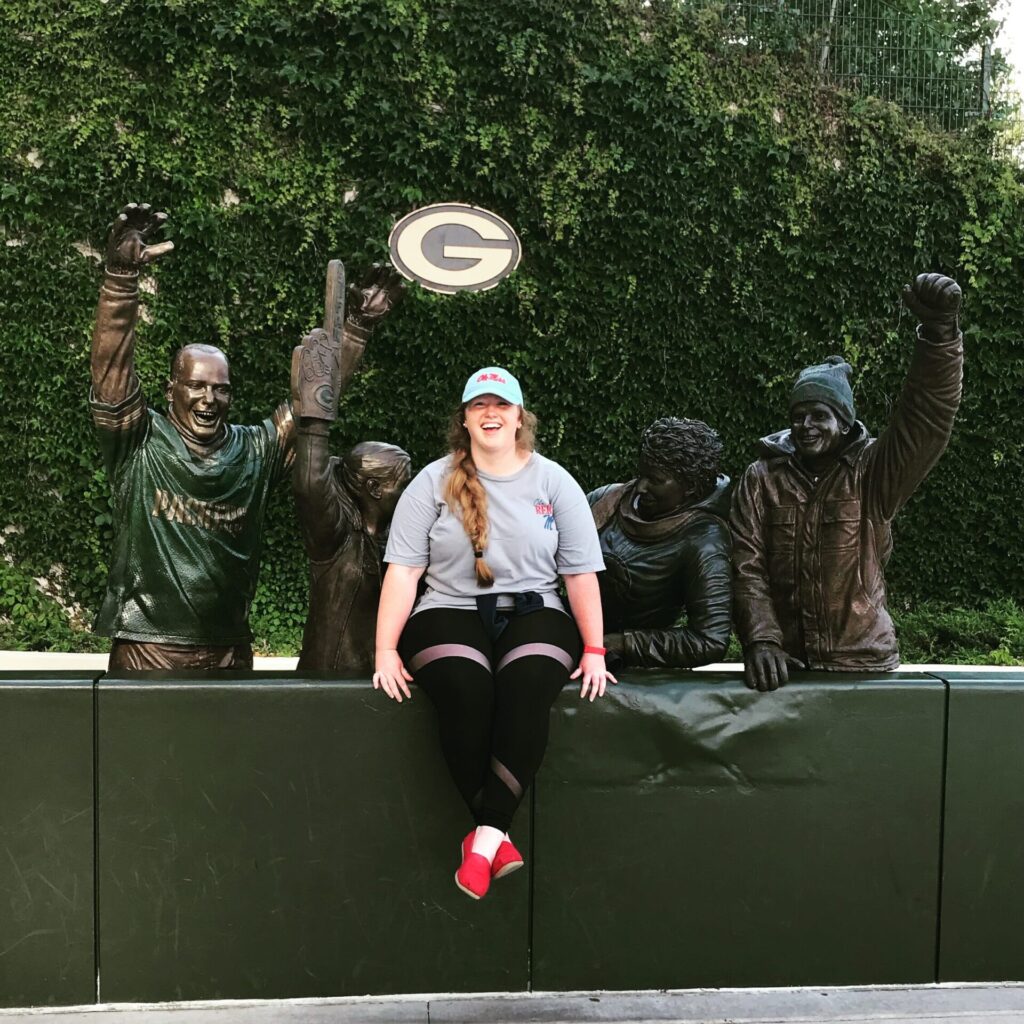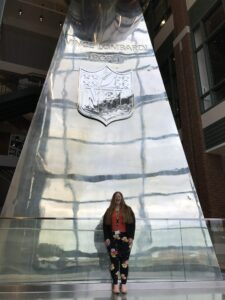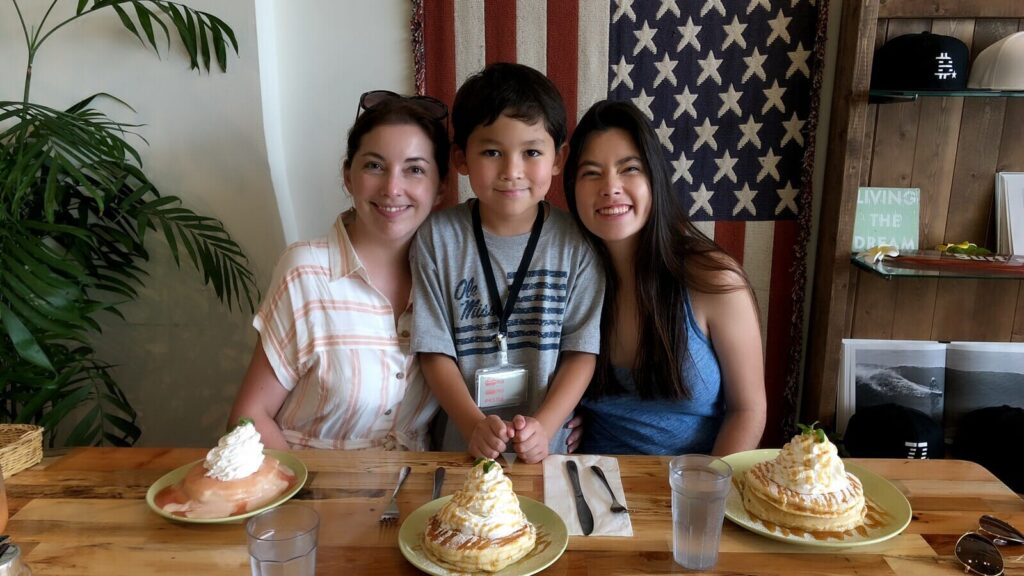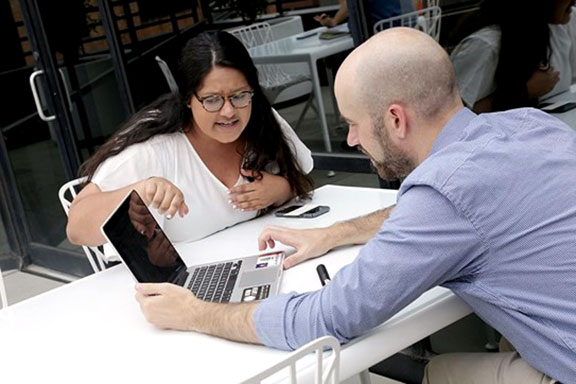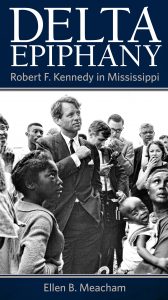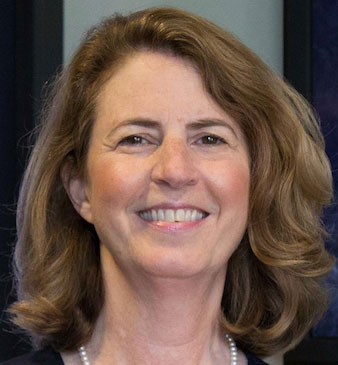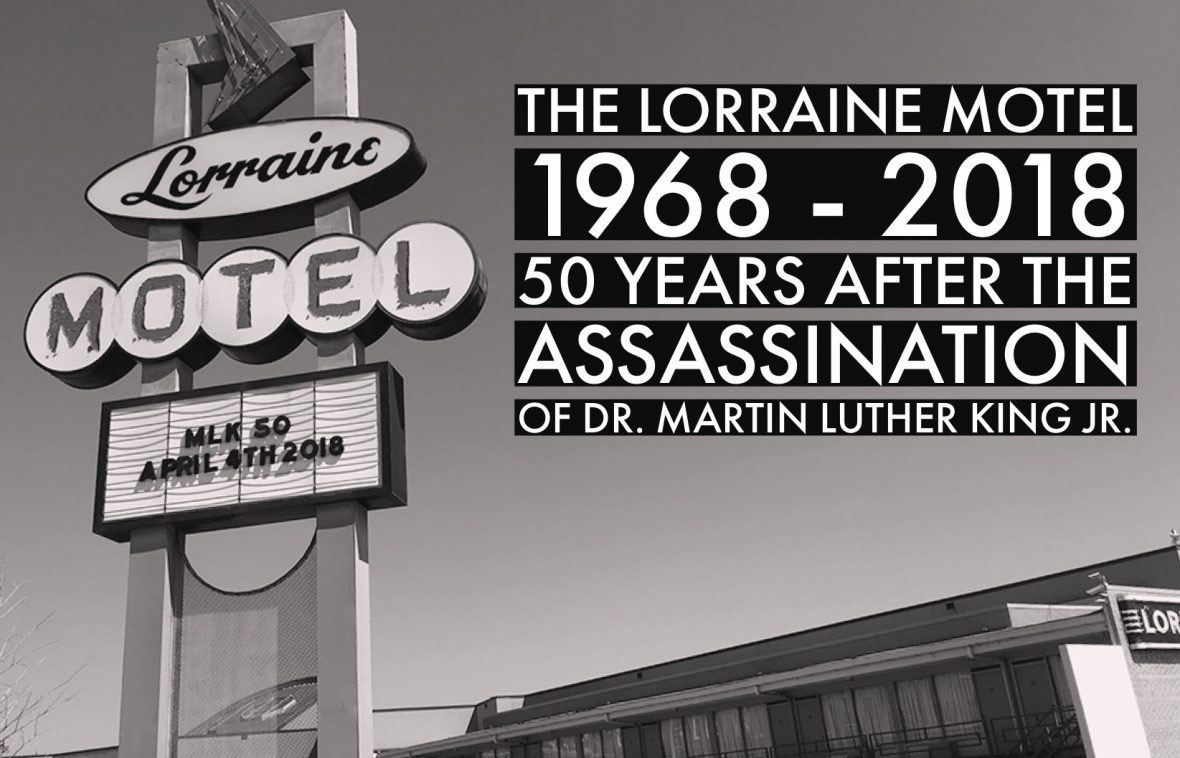A documentary that a University of Mississippi School of Journalism and New Media student helped create has won the Student Edward R. Murrow Award for Excellence in Digital Reporting.
The 2018 Carnegie-Knight News21 documentary “Hate in America” that UM student Brittany Brown helped create also recently won a Robert F. Kennedy Journalism Award in the college category.
Brown was one of the students selected to participate in the national investigation into hate crimes in the U.S. as part of the 2017 Carnegie-Knight News21 multimedia reporting initiative.
The Quitman native has worked for the Student Media Center as a digital content producer, anchor and correspondent for NewsWatch Ole Miss, and as writer and assistant news editor for The Daily Mississippian.
She was an intern at WTOK-TV in Meridian and a research intern in the Ronald E. McNair Post-Baccalaureate Summer Research Program. She is former president of the University of Mississippi Association of Black Journalists.
Previously, Brown was honored for her work by the Radio-Television Digital News Association, the Broadcast Education Association and the Editor & Publisher EPPY Awards honoring the best in digital media.
Headquartered at Arizona State University’s Walter Cronkite School of Journalism and Mass Communication, News21 was established by the Carnegie Corporation of New York and the John S. and James L. Knight Foundation to demonstrate that college journalism students can produce innovative, in-depth multimedia projects on a national scale.
Students from journalism programs across the U.S., as well as Canada and Ireland, joined Cronkite students for the 2018 investigation. They examined the major issues surrounding hate crimes in America.
The students participated in a spring semester seminar in which they conducted research, interviewed experts and began their reporting. The seminar was taught in person and via video conference by Leonard Downie Jr., former executive editor of The Washington Post and Cronkite’s Weil Family Professor of Journalism, and News21 Executive Editor Jacquee Petchel, a Pulitzer Prize-winning journalist and former senior editor for investigations and enterprise at the Houston Chronicle.
“We chose hate crimes and hate incidents as this year’s timely News21 topic because of the apparent increase throughout the country of such acts – from bullying and vandalism to assaults and murders – involving racial, religious, nationality, gender and sexual orientation bias,” Downie said in a news release.
Following the seminar, students moved into paid summer fellowships, during which they worked out of a newsroom at the Cronkite School in Phoenix and traveled across the country to report and produce their stories.
“We will be able to do what many newsrooms cannot, which is to deploy dozens of student journalists to investigate the culture of hate and related acts of violence in every state in the nation,” Petchel said in a news release. “Not only do recent attacks on people of different races and religions call for it, it is the right thing to do in the name of public service journalism.”
Over the past eight years, Carnegie-Knight News21 projects have included investigations into voting rights, post-9/11 veterans, marijuana laws and guns in America, among other topics.

